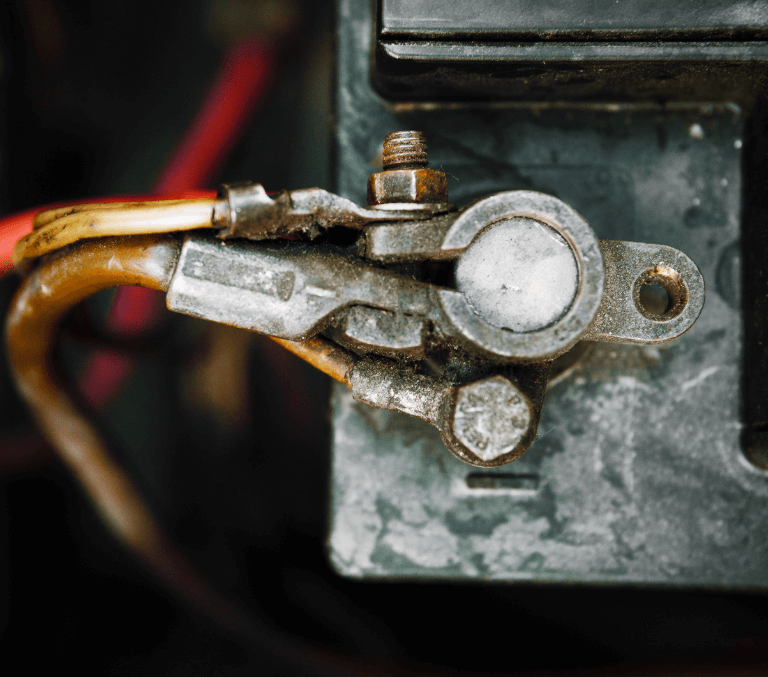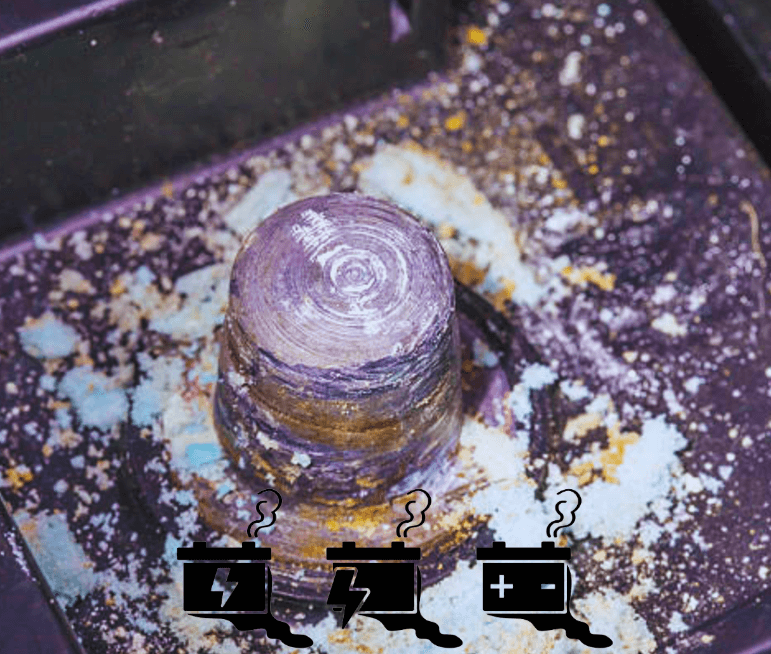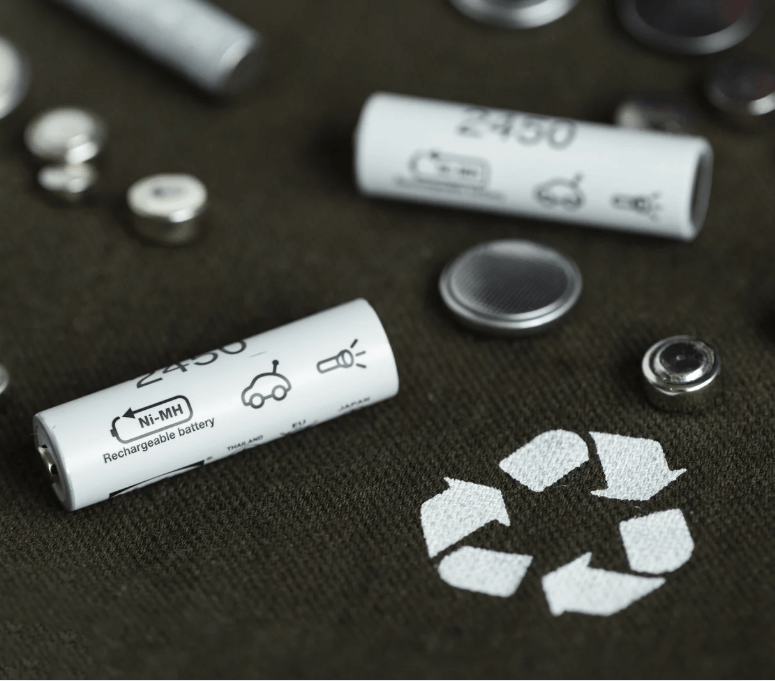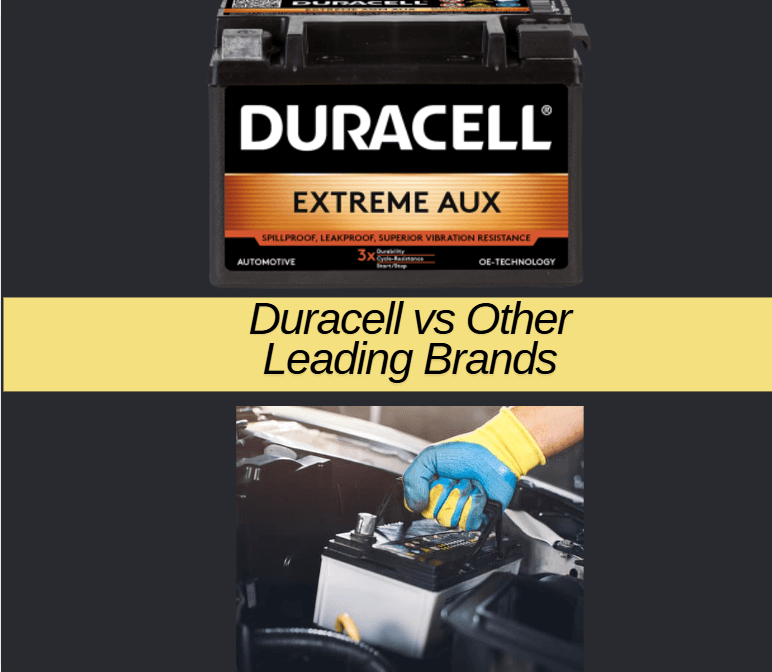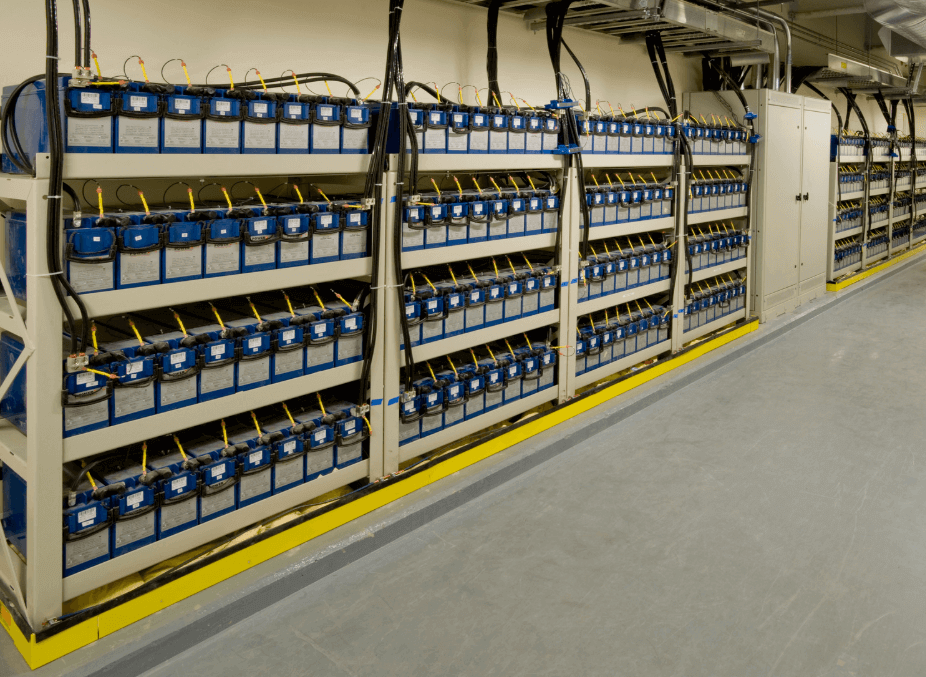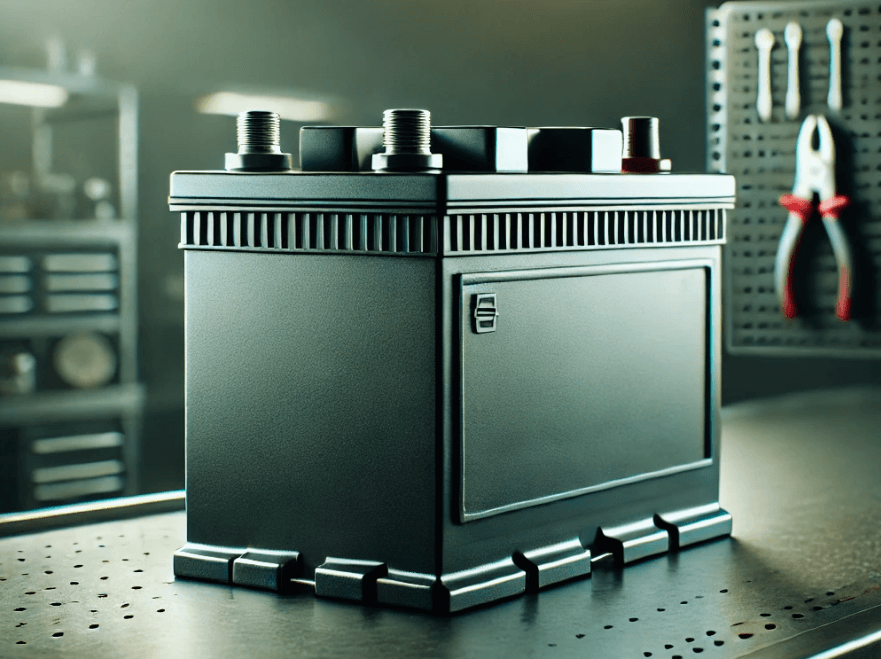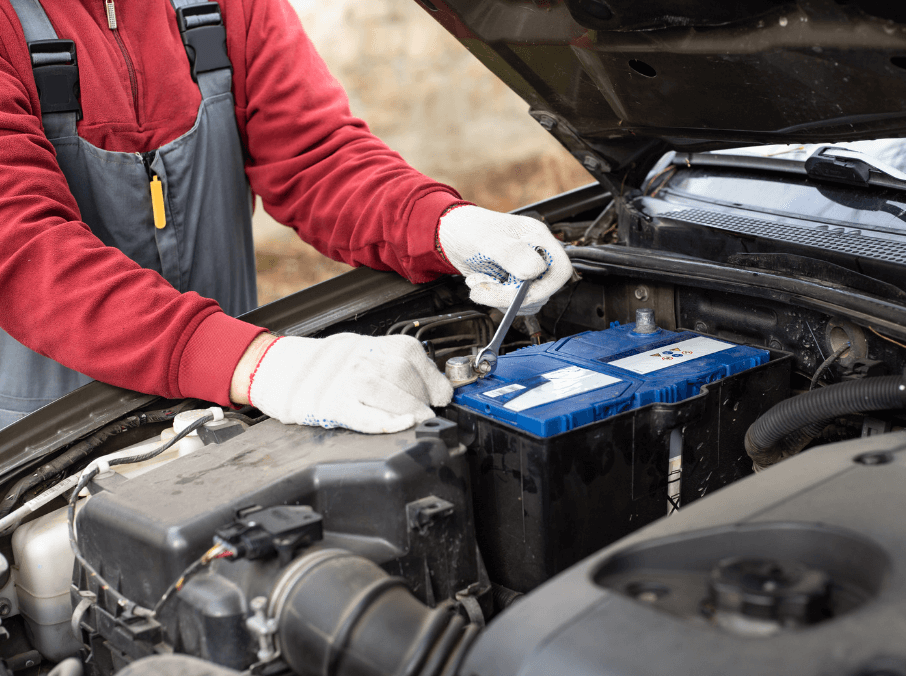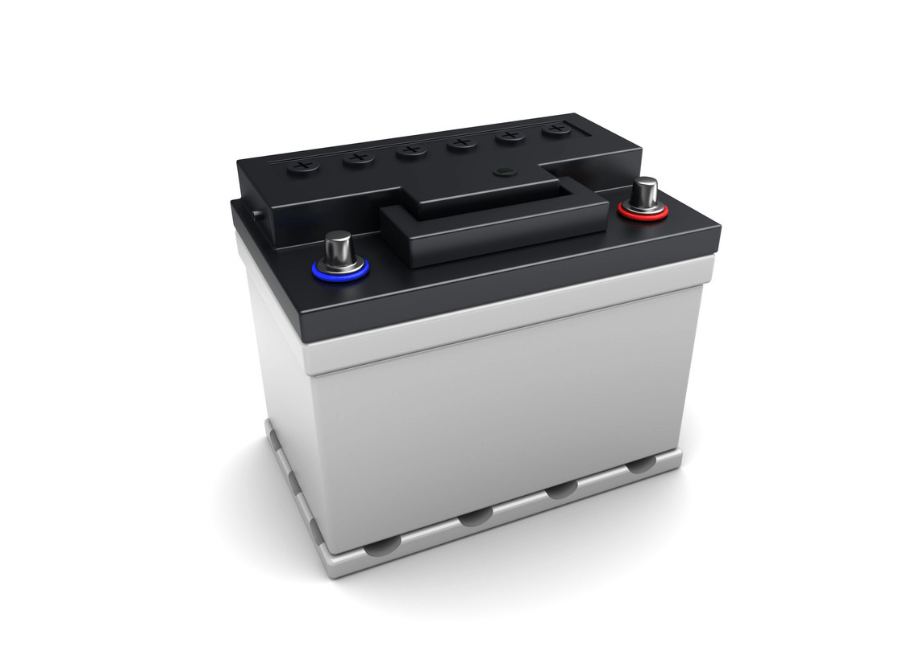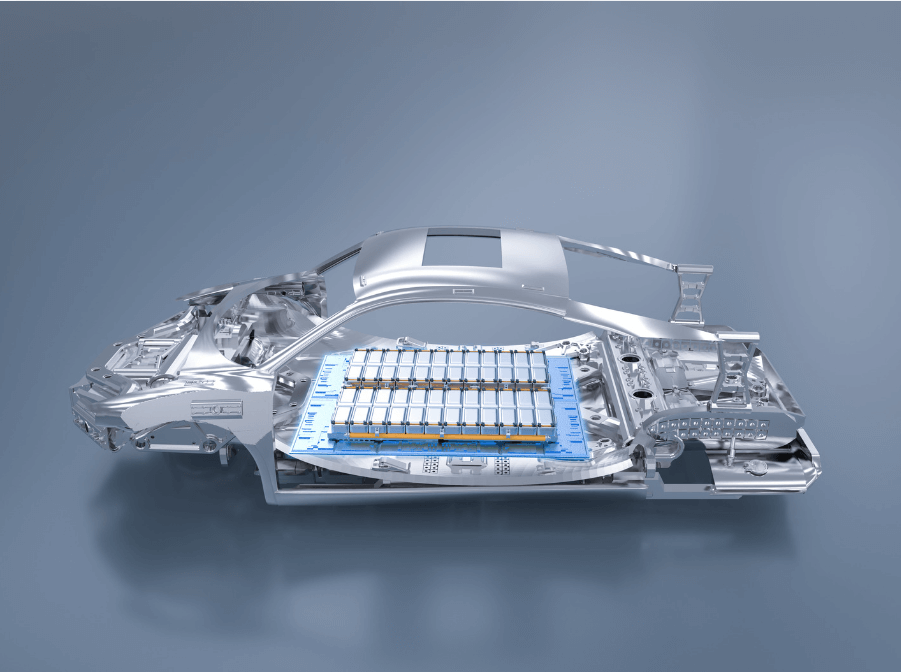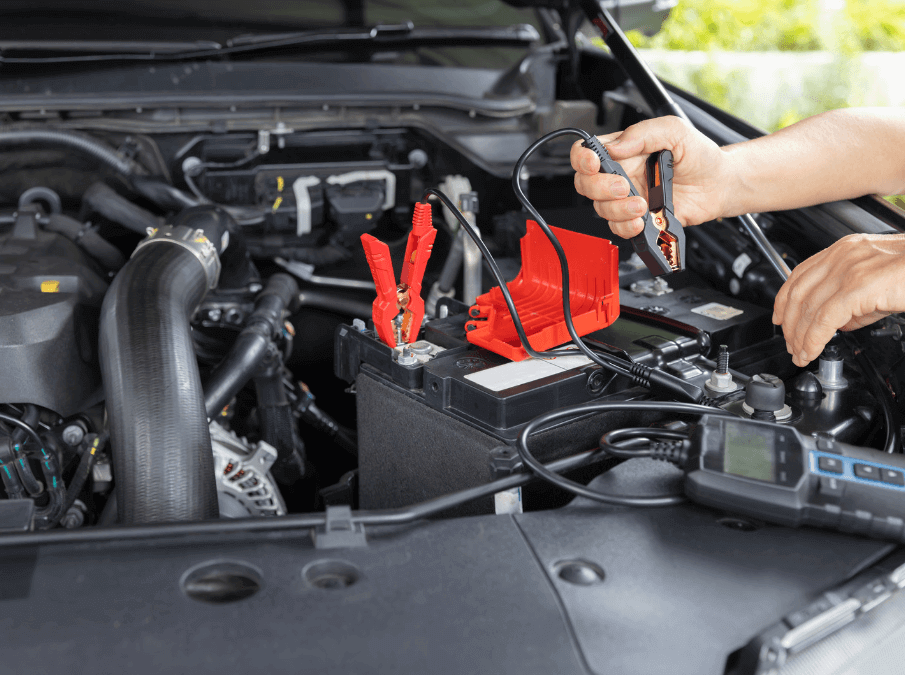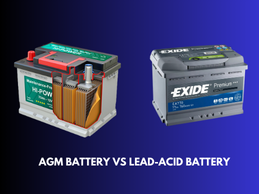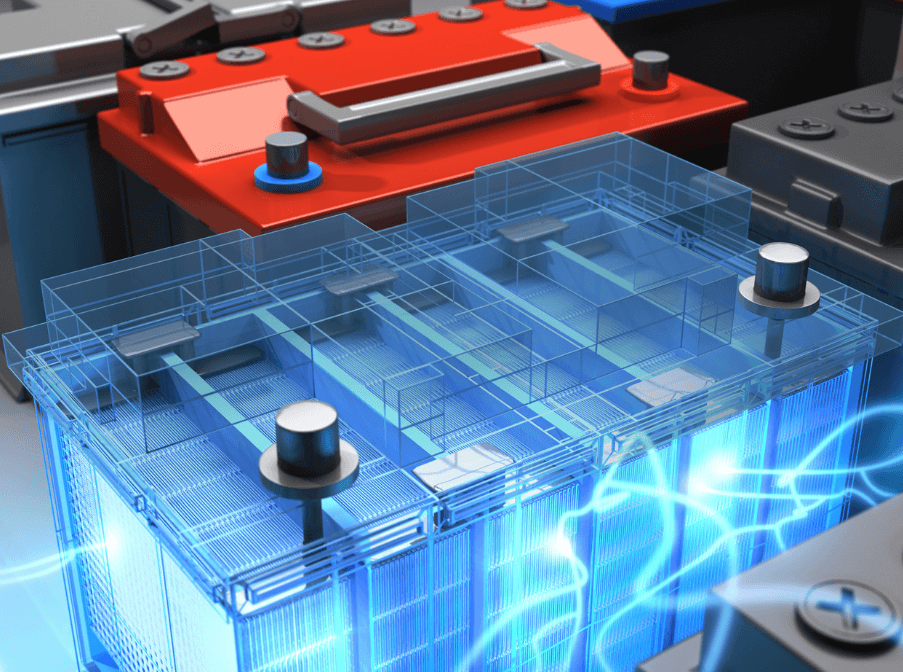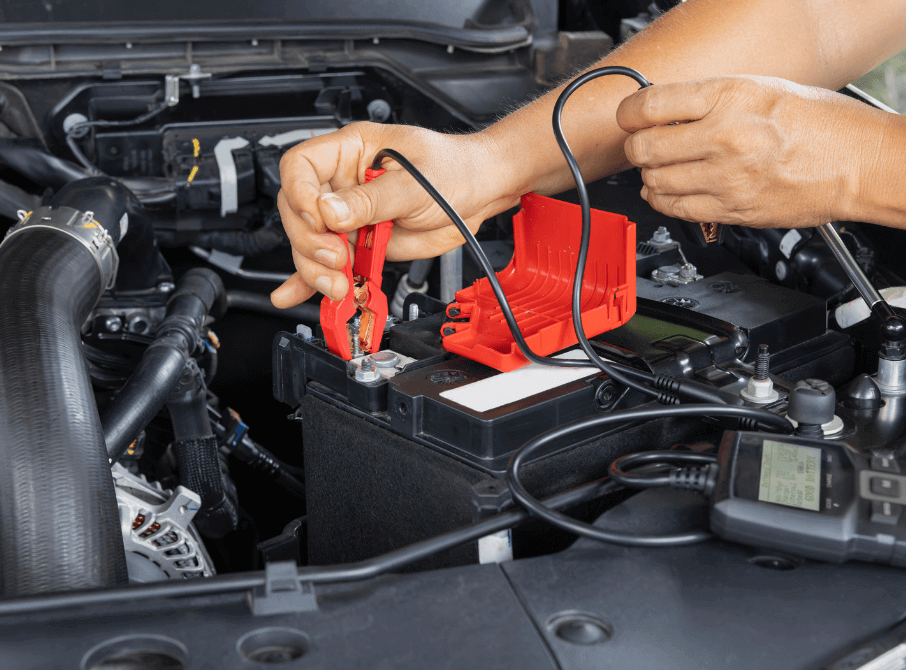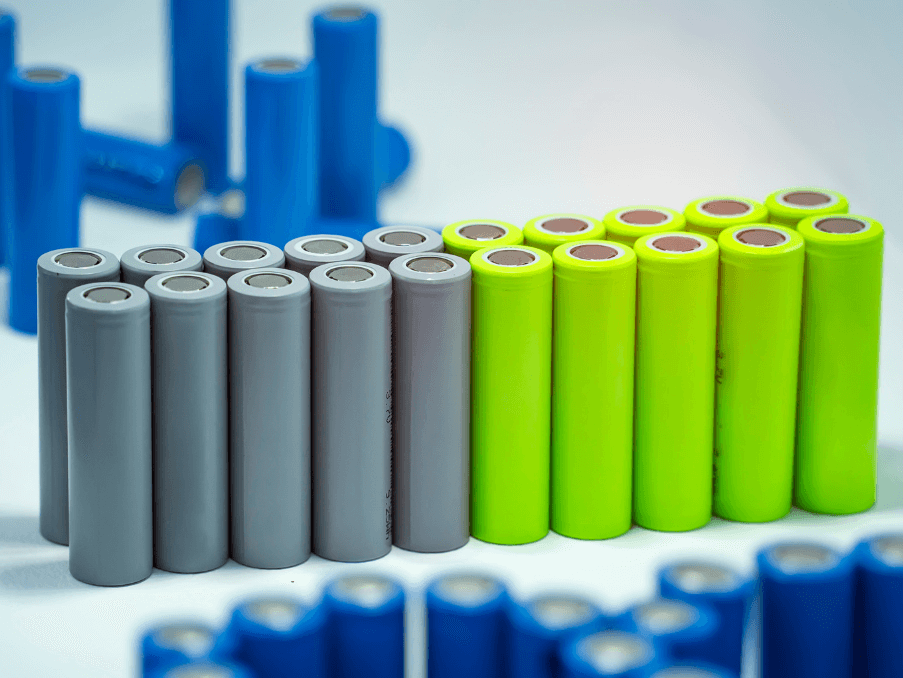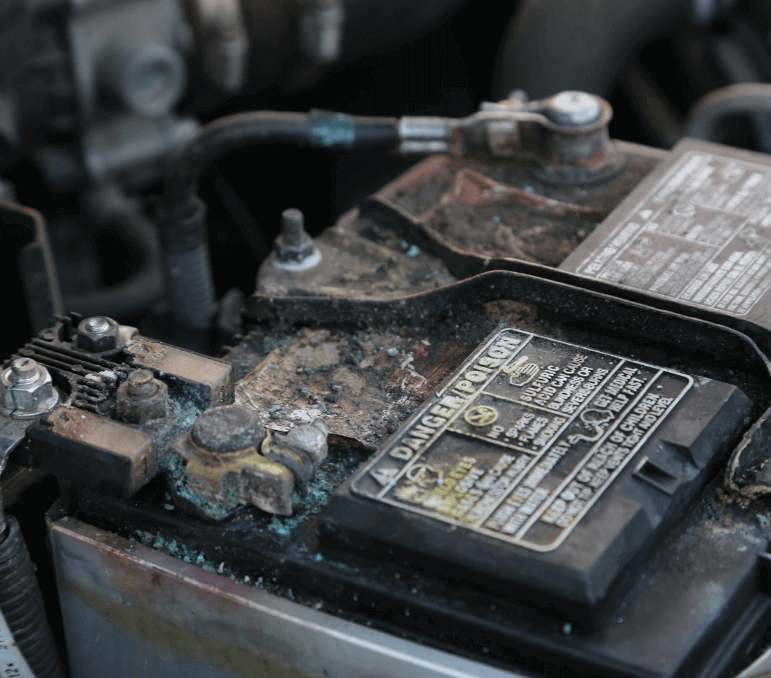
If you notice pus or residue around your car battery, you are dealing with a leaking battery. It is something that can happen to any car over time, but it is essential to address it immediately to prevent further significant damage to your vehicle. You may be wondering: Why is your car battery leaking and what can you do about it?
I have had my fair share of car battery problems and have explored what causes battery leaks, how to identify them early, and how to fix or prevent them. Let’s take a look at the common causes of car battery leaks and practical solutions to handle them before they cause serious problems.
What Does It Mean If Your Car Battery Is Leaking?
A leaking car battery means that the fluid inside, usually battery acid or electrolyte, has started to escape. Most car batteries contain a mixture of sulfuric acid and water that helps store and release energy. When the battery is working properly, this fluid stays inside. However, over time, things can go wrong, causing it to leak out.
When a car battery leaks, it can cause corrosion, damage to nearby parts, and even present a safety risk. It’s important to address the issue quickly to avoid bigger problems down the road.
Common Causes of a Leaking Car Battery
There are several reasons why a car battery might leak. Understanding the cause is the first step toward finding the right solution. the most common causes:
1. Overcharging the Battery
One of the most frequent reasons for a leaking car battery is overcharging. This happens when your car’s charging system supplies too much power to the battery, causing the electrolyte to heat up and potentially spill over.
How It Happens
When the alternator overcharges the battery, the excess energy turns the electrolyte into gas, which causes pressure to build up inside the battery. If the pressure becomes too high, the battery’s seals can fail, causing it to leak.
What You Can Do
To prevent overcharging, make sure your alternator and charging system are working properly. If you suspect overcharging, have a mechanic check your vehicle’s electrical system.
2. Damaged Battery Case
A cracked or damaged battery case can also cause a leak. The battery case is designed to hold all the internal components, and if it gets cracked—either from physical impact, age, or wear and tear it can lead to leaks.
How It Happens
The crack allows the battery’s acid to escape, leading to corrosion and other damage around the battery.
What You Can Do
Inspect your battery for any signs of visible damage. If you notice cracks or chips, it’s best to replace the battery to avoid further issues.
3. Extreme Temperatures
Both high and low temperatures can have a negative effect on your battery. Excessive heat can cause the electrolyte inside the battery to evaporate, while extremely cold weather can cause the battery’s fluid to freeze and crack the case.
How It Happens
In hot weather, the heat can cause the battery to swell and leak, while in cold weather, freezing electrolyte can cause the internal pressure to build up, leading to a rupture or crack in the battery case.
What You Can Do
Try to park your car in shaded or temperature-controlled areas during extreme weather. If you live in an area with harsh winters or hot summers, consider a battery with better resistance to temperature fluctuations.
4. Old or Worn-Out Battery
As a battery ages, the internal components begin to wear out. Older batteries are more likely to leak because their seals become less effective, and the electrolyte inside starts to break down.
How It Happens
The longer a battery has been in use, the more likely it is to lose its ability to hold the fluid. Eventually, the electrolyte can leak out, and the battery may stop functioning correctly.
What You Can Do
If your battery is several years old, it might be time for a replacement. Most car batteries last about 3 to 5 years, so keep track of how long it’s been since you installed a new one.
5. Faulty or Poorly Maintained Battery Terminals
Sometimes, the cause of the leak isn’t the battery itself but the terminals connected to it. Corroded or poorly connected terminals can cause the battery to overheat, which may lead to leaks.
How It Happens
If the battery terminals are loose, they can cause electrical shorts, which generate heat and can cause leaks. Similarly, corrosion can build up at the terminals, affecting the performance of the battery.
What You Can Do
Clean your battery terminals regularly and ensure the connections are tight. If you notice corrosion, clean it off carefully using a mixture of baking soda and water.
How to Easily Identify a Leaking Car Battery
Leaking batteries are often easy to spot if you know what to look for. Here are some signs that your car battery may be leaking:
Visible liquid around the battery: If you see a pus or residue near your battery, it could be an electrolyte leak.
Corrosion on the battery terminals: White or greenish powder around the battery terminals is often a sign of leakage and corrosion.
Battery case damage: Cracks, bulges, or any visible damage to the battery case can be an indication of a leak.
Burnt or sour smell: If you notice a strong, unpleasant smell near the battery, it could be an acid leak.
What to do if your car battery is leaking
If you notice that your car battery is leaking, it is essential to take quick action to avoid damage and ensure your safety. Here is what you should do:
1. Turn off the car and disconnect the battery
Safety first! If you notice a leaking battery while driving, turn off the engine immediately. Then, disconnect the battery cables, starting with the negative cable. Always wear safety gloves and goggles to protect yourself from possible acid splashes.
2. Clean up the leak
If there is any visible acid or residue, clean it carefully. Use baking soda and water to neutralize the acid. Once the area is clean, you can safely dispose of the cleaning materials.
3. Inspect the battery for damage
Look for visible cracks, bulges, or signs of wear. If you notice any significant damage to the battery case or terminals, it is time to replace the battery.
4. Replace or refill the battery
In most cases, a leaking battery will need to be replaced. If your battery is relatively new and is only leaking due to a minor problem (such as overcharging), you may be able to have it refilled or repaired by a professional.
How to Prevent Future Leaks
The best way to deal with a leaking car battery is to prevent it from happening in the first place. Here are some tips for your convenience:
Inspect your battery regularly: Check for damage, leaks, or corrosion around the terminals.
Keep the battery clean: Clean the battery and its terminals regularly to prevent corrosion.
Maintain the charging system: Check your alternator and charging system to avoid overcharging.
Replace an old battery: Don’t wait too long to replace your battery once it starts to show signs of age, it’s time for a new one.
FAQ
Can a leaking car battery cause a fire?
Answer: Yes, a leaking car battery can cause a fire. The acid can corrode metal parts, and if the leak comes into contact with electrical components, it can spark or even ignite.
How do I know if my car battery is leaking acid?
Answer: Look for visible liquid or white powder around the battery terminals. If you see these signs, you may have acid leaking from the battery.
Can I drive with a leaking car battery?
Answer: It is not safe to drive with a leaking battery. Leaks can damage your car, and acid is dangerous. It is best to have the battery checked or replaced immediately.
How do I dispose of a leaking car battery?
Answer: Never throw a leaking car battery in the trash. Take it to a recycling center or an auto parts store that offers battery disposal services.
Conclusion
A leaking car battery is a serious problem that needs to be addressed quickly. Whether it is caused by overcharging, age, or a damaged case, a leaking battery can become a major problem if left untreated. Always inspect your battery regularly and replace it if necessary to ensure your car remains in top condition.
Thank you for reading! If you found this article helpful, check out our other content on car maintenance and safety tips.


